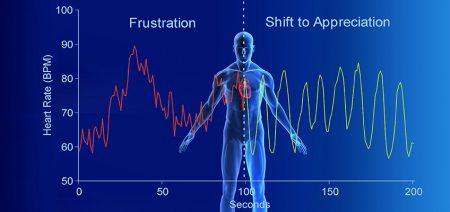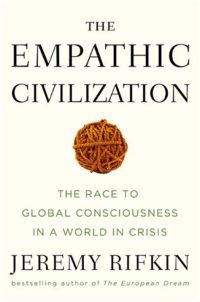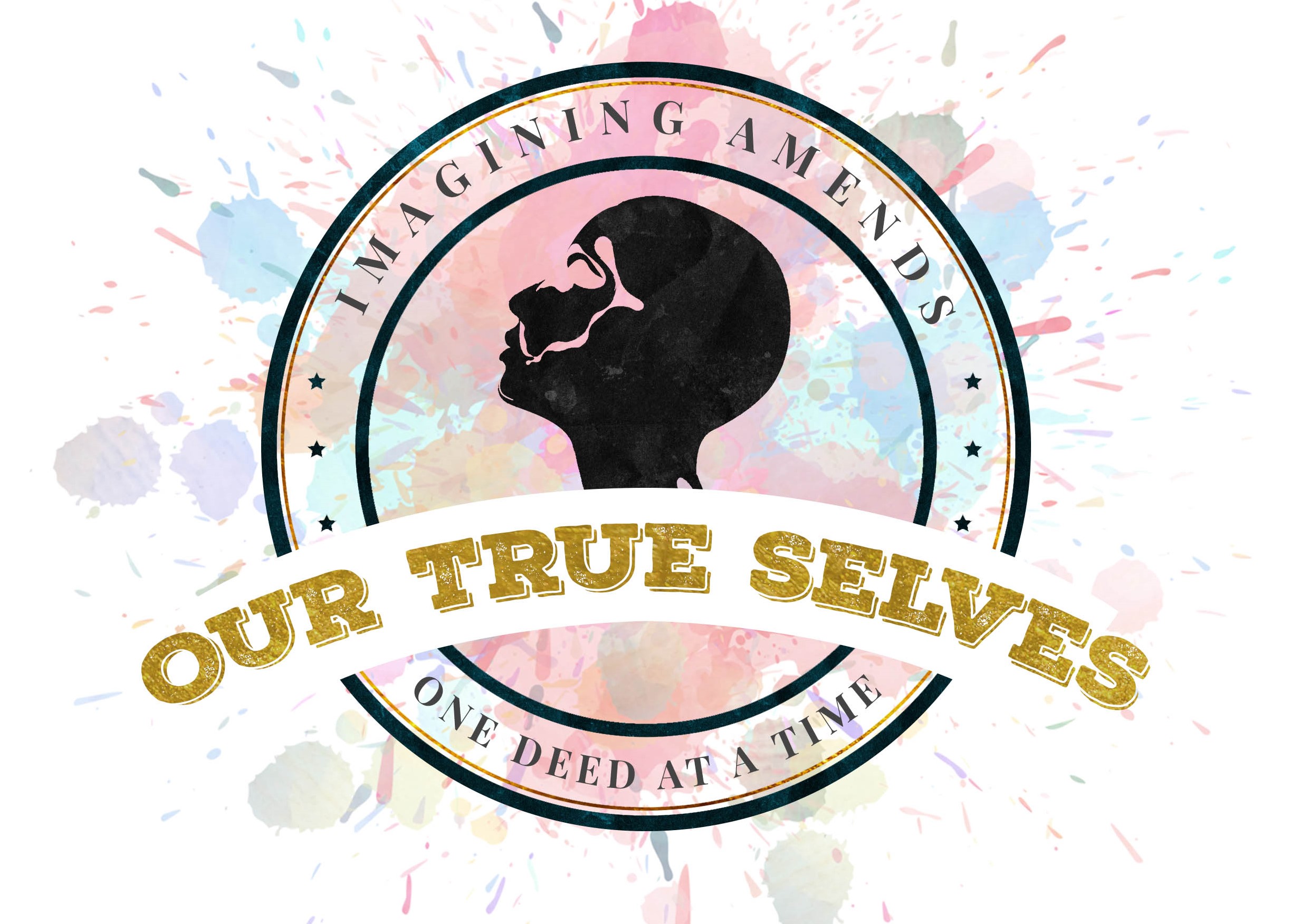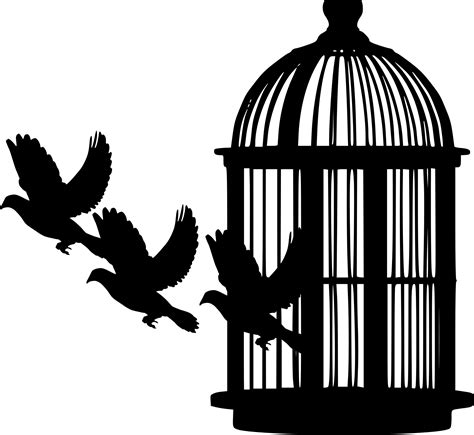Entrapped Moral Outrage
We see it happen again and again: unfettered moral outrage, our righteous indignation off the leash. We’re ordinary, good hearted people, rightly concerned about decency and fairness. Then we’re confronted by people who violate the most recognized standards of common good. That next moment finds us venting like those very people who offend us. Yes, vicious people properly excite our ire. But then there we are too, snared again — becoming like them in our intolerance and bile, with teeth bared and spittle threatening to foam from our lips, too.
‘Becoming what we hate’ it’s been called (Walter Wink, Engaging the Powers, 1992). It’s an insightful, useful phrase attributed to “an old yoga maxim” according to a 1971 New York Times article. Another commentator calls it a “defensive movement:” moral indignation, repetitive and out of control, featuring denial of one’s own shame, followed by projections of blame onto the offender that imply, “I am not dishonorable in any way, whereas the offender is entirely dishonorable.” (T.J. Scheff, “Community Conferences,” 1990).
Whatever the analysis, runaway outrage can convey the same reactions that have been identified with the reptile or lizard part of our primate responses. Moral indignation can also reside there, where our ‘fight or flight’ imperatives are born and where predator alerts are sounded like a clarion call. Now here’s a more inclusive term: ‘cathartic quotient.’

What’s My Cathartic Quotient this Time?
Catharsis is any measure of emotional release or the flooding of one’s affect. It is experienced in a state of heightened feelings, whether euphoric or distressed, and features the sudden release or discharge of those feelings. The release itself need be either or neither good nor bad; it can involve pleasurable feelings or relieve intolerable stresses, result in hilarity, ecstasy or a carnival of destructive force. Moreover the range of distress or stressed emotions can extend from the discomfort of boredom at one end of a spectrum to towering rage and fury at the other. In between these two extremes lie all the disturbing emotions familiar to us all: from mild deflation to deep anguish, grief, mortification and other pits of suffering we know too well. But perhaps the most intolerable hellhole is abysmal shame: the infinite shame of regretting one’s very existence—a bottomless well of distress from which death itself often seems the best cure.
Rather than endure the ordeal of occupying such an abyss: attack someone else; target someone else; decree the demise of some surrogate other. Too often that seems the only remedy. But there’s also good news here! For several millennia we the species have been fostering inspired empaths to provide alternative cures. And here’s one formula that meets our current millennial maturity in the 21st century: prefer your opponents’ narratives to your own.
Unsnare by Re-Telling
Narrative psychologists persuasively claim that we are ‘storied beings:’ cognitive and affective selves whose minds and hearts are structured by stories and myths. In addition those stories contain the symbols and images, rituals and actions, that define our personalities and character, individually and collectively. Two of our civilizations’ classical narratives disclose the very dynamic of indignant targeting that we are experiencing exponentially in our culture wars nowadays.
Homer’s Iliad begins with the celebrated invocation, “Sing, O Muse, the wrath of Achilles.” The inspired telling of that wrath takes us to the very end of the Muse’s epic poem, where Achilles has the opportunity to spare the life of his rival Hector, or instead kill Hector in revenge for Hector’s killing of Achilles’ beloved companion, Patroclus. For millennia, hearers and readers have imagined that Achilles might have hearkened to the appeals of Hector’s distraught father, Priam, who pleads with him to spare Hector’s life. But Achilles chooses instead the catharsis of vengeance as he deals the death blow to his enemy (compare Simone Weil, The Iliad: The Poem of Force, 1939).
In a narrative repetition of the Iliad, Virgil’s Aeneid, the hero Aeneas also struggles with a similar opportunity. He is offered a choice to spare the life of his rival Turnus, or rather to exact vengeance for Turnus’ slaying of Aeneas’ young ally, Pallas. But the snare of cathartic revenge wins again as Aeneas succumbs to our perennial nemesis and slays Turnus. Between these two “master stories” (Michael Goldberg, Jews and Christians: Getting Our Stories Straight, 1985) oscillate the cycles of catharsis and re-targeting each other that have bedeviled our civilizations for millennia.
INSTEAD—instead: Here’s a counterintuitive way out. It offers timely escape from our captivating cycles of ‘becoming what we hate.’ Most significantly, it’s a doorway that opens a narrative way out of narrative entrapments. If we tell our counterparts’ stories as if they were our own, with as much empathy as we can muster, we will inevitably, intrinsically, inescapably subvert our typical impulse to discount, despise, loath, or hate them. ‘Only part of a being can be hated,’ declared Martin Buber in his compelling thought-poem, I and Thou (1923). The alternative he prescribed is the remedy of invoking other selves as a ‘thou’ and no longer an ‘it.’ For our part, a century later, we may advance this cure by telling each other’s stories as if they were our own stories. What might it mean to be telling, as our own, not one or two others’ stories but the literature, film and media versions of several other peoples’ biographies, histories, eulogies and lyrics — entire anthologies of other peoples?

Muses of Others People's Stories
Going forward we might find ourselves surging beyond the pandemic woes of 2020 toward an ’empathic civilization’ (Jeremy Rifkin, 2010). Facing our ideological counterparts down the long corridor of our shared experiences, we may renounce repeating the past and prefer meeting each other without disdain, condemnation and rejection. What would we do instead of fomenting the next cycle of our perennial antagonisms?
Let’s attempt this narrative remedy instead. Instead of entrapping each other with the tiresome, predictable and interminable, ‘I ACCUSE!’ let’s slip the snare and instead choose to ‘RE-MUSE.’
- I re-muse the stories of your ancestors, telling how they survived pathos and tragedy to bequeath you their hardiness and worthiness among their present-day descendants.
- I re-muse the stories of your youth, telling how wonder and bliss led you to quest for a future that would sparkle and gleam with promise and excitement at every turn.
- I re-muse the stories of your communities and groups, telling how you all banded together to plan and solve and rescue and restore, explore and quest and build and triumph
- I re-muse the stories of you and me, telling how we have challenged one another in contentions, strife, debates and struggle, to become worthy opponents who take-each-other-to-task in conquest and concession, reconciling and beginning again a new chapter together.
So ‘sing, O muse,’ across humanity’s broad spectrum that no one of us can contain but each of us can mirror, as we begin to inhabit each other’s master stories and reclaim our true selves.


